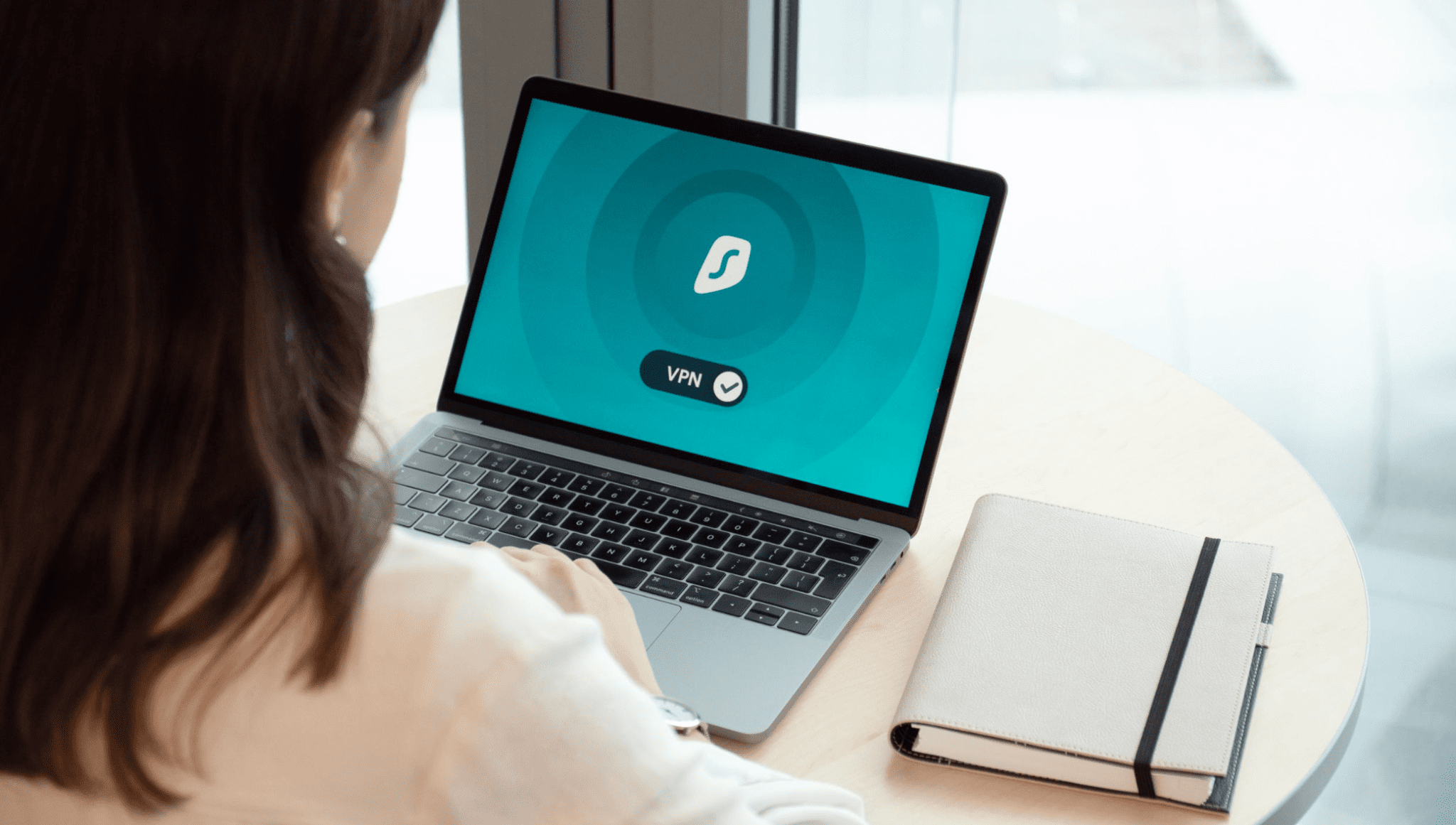
Many modern businesses are placing a heavy emphasis on cybersecurity, and with good reason. With so many aspects of life taking place in the digital realm these days, it’s more important than ever to be careful with company data and personal information on the internet. However, this doesn’t mean that you should slack off on physical security measures for your appointment-based business.
Sad though it is, there are real dangers in the world you need to be ready for. It’s best to adopt the attitude of expecting the best while preparing for the worst. With that thought in mind, here are some security measures that your appointment-based business should consider putting in place this year:
1. After-Hours Security
Depending on the nature of your business, you may carry stock or supplies that offer an attractive target for thieves. For example, hair salons across the country have long been victimized by crooks who steal costly hair extensions, causing thousands of dollars in losses. Most such incidents will occur after hours when there’s no human presence to deter mischief. You can keep your guard up and dissuade misbehavior by installing a few gadgets and security measures in your place of business.
Auto-locks on doors will ensure that a back door for employees is never left unlocked by accident. Security cameras on the exterior and interior of your business will catch thieves or vandals in the act and also act as a deterrent that will cause those up to no good to think twice before trying anything. Motion-sensor lights are often enough to spook potential robbers away, illuminating faces for security cameras and giving the impression that someone might be nearby.
You can also install cameras and a lighting system on the inside of your business that will at least help you track down anyone who successfully breaks into your building. Be sure to have adequate locks on filing cabinets and any other places critical information might be stored. A break-in could result in information being stolen, so you want to make sure your business is protected. You might even go as far as to store customer information on hard drives that are locked up separately.
2. First Responder Connections
Establishing a good relationship with your local first responders is always a good idea. With this relationship in place, you can share plans you have developed in case of any sort of emergency situation. Being familiar with your place of business means that responders can be exactly in the right place at the right time when needed.
For example, you might reach out to your local police station and ask to arrange a short meeting with a representative. You can give them a walkthrough of your business, its alarm system, exit points, and any other factors that seem worth pointing out. This outreach will enable officers to more effectively address any security issues that occur even if they beat you to the site. Trained responders can also provide an accurate risk assessment to help you strengthen the security of your business.
3. Emergency Planning
As noted, an emergency plan is something you can share with first responders, but it’s also something you should always have on hand for yourself and your employees. Consider the emergencies you could potentially face — a catastrophic weather event, a hostile intruder, a flood, etc. — and develop response protocols for each. You never want to have to face an active shooter or an incoming tornado, but you’ll be much better off if you have a plan set beforehand.
A common example many establishments have is a fire escape plan posted throughout the building. The next time you take a trip, you might notice that your hotel room has a map showing you where the nearest fire exit is located. This isn’t because the hotel is expecting a fire to occur, but because they want to ensure everyone is kept safe should disaster ever strike. You should follow their lead to help ensure the safety of your customers and employees.
4. Adequate Insurance
You might not be able to thwart every single security threat you face. In that case, you’d better be insured. Insurance will help mitigate the cost of theft and damage that might occur to your business so that you don’t take too many financial hits.
There are several different types of business insurance you should look into, such as liability insurance, practitioner’s insurance, and auto insurance if you use a company car. You can even get data breach insurance for a cyberattack. Your insurance agent can explain the types of coverage you need, including some you may not have thought of. Then you can take the steps required to get protection as soon as possible.
It’s always better to be safe than to be sorry you didn’t do more to boost the security of your business. Rather than wait until the worst occurs, start implementing security measures today that will keep your business, your employees, and your customers safe.
Image Credit: Dan Nelson; Pexels; Thank you!


